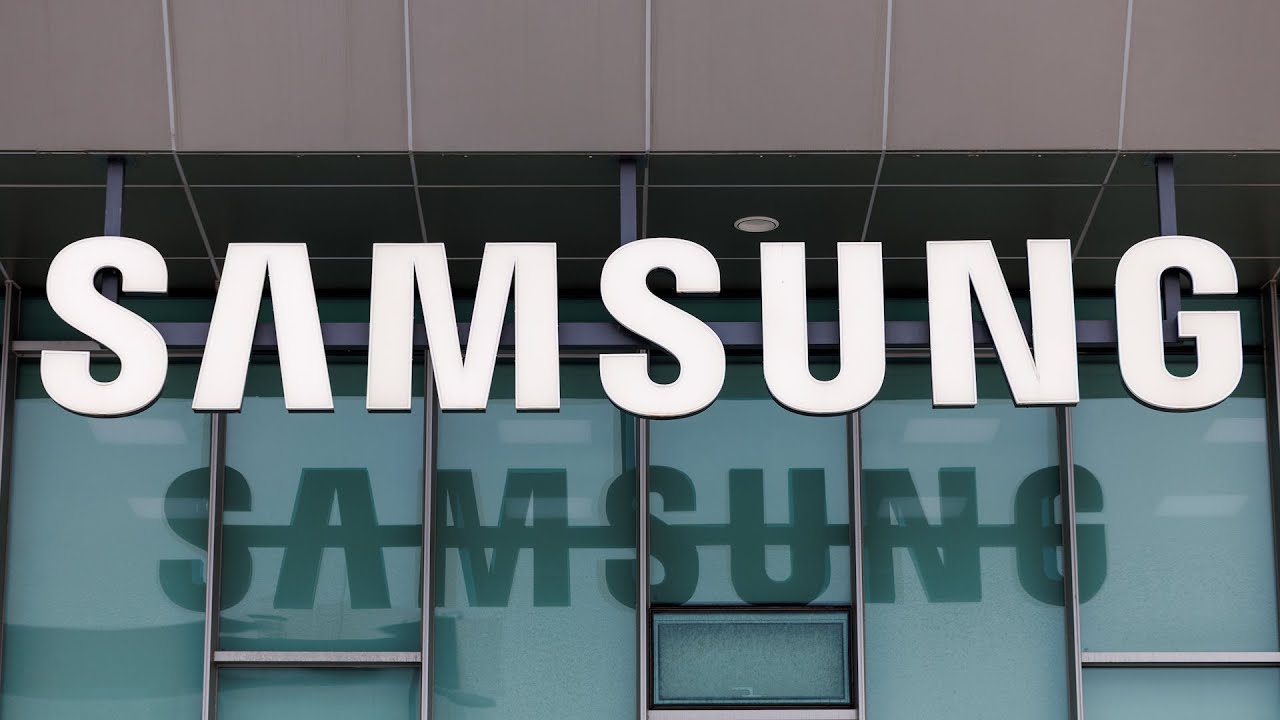Tesla has signed a $16.5 billion deal with Samsung to manufacture its next-generation A6 AI chips, enhancing supply chain security and technological leadership for its full self-driving vehicles. The partnership, which includes production at Samsung’s Texas fab starting next year, allows Tesla greater involvement in the manufacturing process and reflects a strategic move to diversify chip suppliers alongside TSMC.
Tesla has entered into a significant $16.5 billion deal with Samsung to manufacture its next-generation AI chips, specifically the A6 chip, which is two generations ahead of its current technology. This move is strategically important for Tesla as it diversifies and secures the supply chain for the chips that power the full self-driving computer in its vehicles. Currently, Samsung manufactures the A4 chip used in Tesla’s fourth-generation hardware, while Tesla also has an arrangement with TSMC to produce the A5 chip, initially in Taiwan and later in Arizona.
The deal highlights the complexity and long-term nature of managing technology development alongside contract manufacturing. Tesla’s approach involves working with multiple manufacturers—Samsung and TSMC—to ensure a steady supply of advanced chips. Samsung’s contract manufacturing business has faced challenges recently, so this partnership with Tesla represents a significant vote of confidence from a major customer, potentially helping Samsung regain its competitive edge in the semiconductor industry.
Production is expected to begin relatively soon, with Samsung starting chip manufacturing in Texas next year. The contract extends through 2033, which aligns with Tesla’s rapid R&D cycles and the need to stay ahead in chip technology. However, questions remain about whether Samsung can ramp up production quickly enough and if manufacturing chips in a new U.S. fab will be more cost-effective compared to TSMC’s facilities in Taiwan.
Elon Musk emphasized that Tesla chose Samsung because the company allows Tesla to be actively involved in the engineering and ramp-up process. Tesla prides itself on its expertise in managing production scale-up, and this collaboration gives Tesla more control over the manufacturing process, even though Samsung is the contract manufacturer. Musk also noted the convenience of the Texas fab’s location near his home, allowing him to personally oversee operations, although semiconductor manufacturing requires highly controlled environments.
Overall, this deal marks a strategic step for Tesla to secure its chip supply chain, leverage its own production capabilities, and maintain technological leadership in autonomous driving hardware. It also signals a broader industry trend of automakers investing heavily in semiconductor technology and manufacturing partnerships to meet growing demand and technological complexity.
